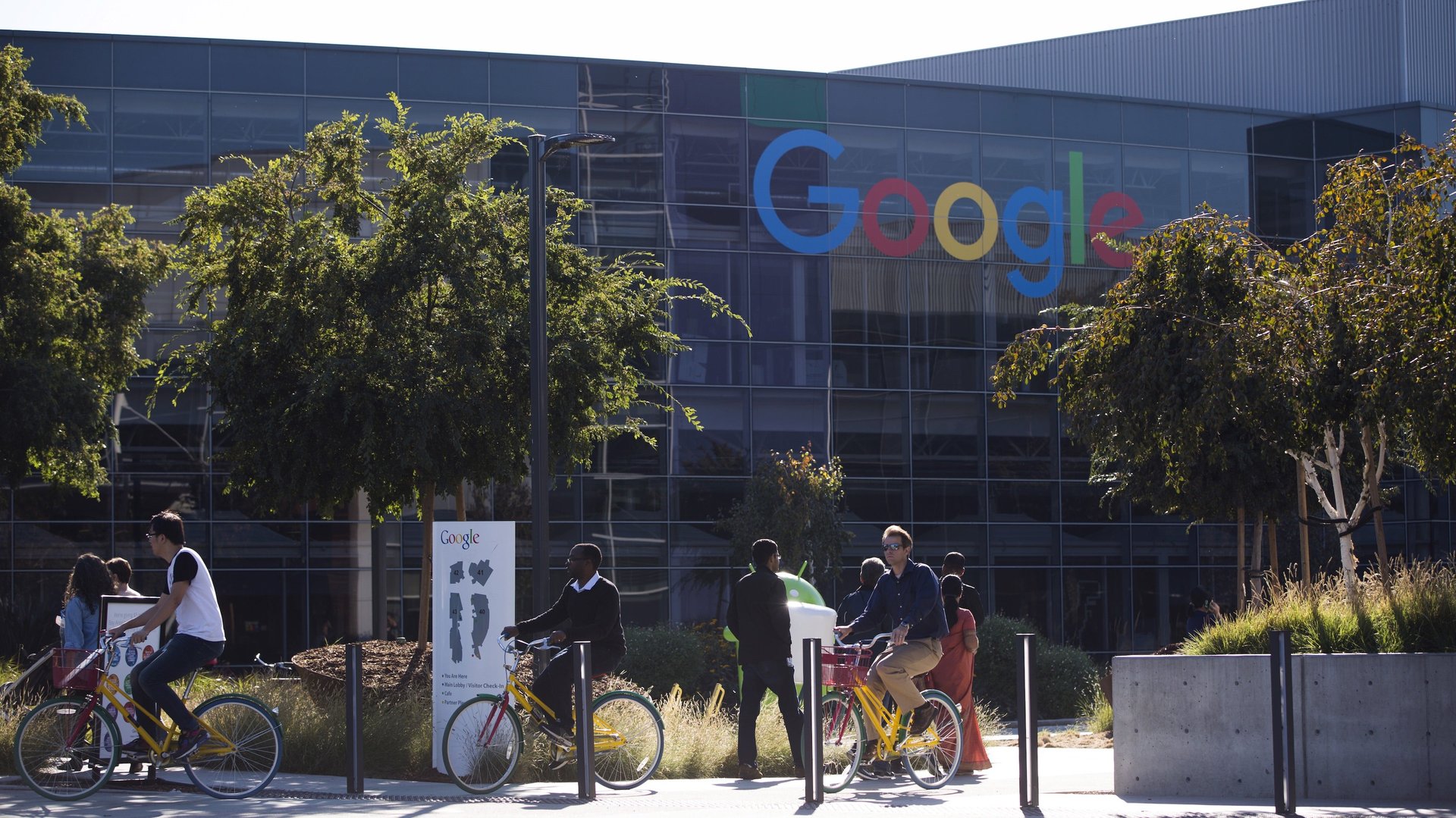Trump’s braintrust just won an immigration battle with Silicon Valley they have been fighting for years
Say this for Donald Trump: he and his top advisors seem determined to follow through on even the most extreme of their campaign promises. That’s why US Citizenship and Immigration Services (USCIS) announced Friday, March 3, that it will temporarily suspend expedited “premium processing” of applications for H-1B visas beginning April 3. The visa is favored by US tech companies, as it allows them to source specially-skilled STEM workers from abroad—namely, highly-credentialed engineers, IT specialists, mathematicians, physicists, chemists, and medical doctors.


Say this for Donald Trump: he and his top advisors seem determined to follow through on even the most extreme of their campaign promises. That’s why US Citizenship and Immigration Services (USCIS) announced Friday, March 3, that it will temporarily suspend expedited “premium processing” of applications for H-1B visas beginning April 3. The visa is favored by US tech companies, as it allows them to source specially-skilled STEM workers from abroad—namely, highly-credentialed engineers, IT specialists, mathematicians, physicists, chemists, and medical doctors.
Premium processing makes successful job candidates eligible for work visas in 15 days, as opposed to the regular period for review, which can take months. At a rally in Michigan the night before the election, Trump claimed, “our jobs are being stolen like candy from a baby,” and apparently believes that slowing the down the approval speed of H-1B visa applications will give more Americans a chance to compete for job openings that require high levels of education and skill.
Trump’s appointed attorney general, Jeff Sessions, likely had a hand in crafting the new policy. Historically, Sessions has been vocally critical of H-1B visas. In 2015, the then-senator co-sponsored a bill with Ted Cruz of Texas which aimed to intensify criteria for H-1B applicants; followed by another bill, co-sponsored with Bill Nelson of Florida, which called for a reduction in H-1B admissions by 15,000. (The US currently caps granted H-1B applications at 65,000 a year for skilled workers and 20,000 for graduate students.)
According to Quartz India, USCIS said reigning in premium processing would allow it to address a large backlog visa applications, reducing H-1B visa processing times across the board. USCIS also individuals can still request expedited review, but must satisfy certain new standards—humanitarian or emergency reasons, or potential for substantial financial loss to the individual or hiring company.
The action is designed so that Trump can say he’s following through on a principal campaign promise: to stop immigrants from purportedly taking American jobs.
It’s a apprehension perhaps encouraged by White House chief strategist Steve Bannon. In an interview the former Breitbart executive chair conducted with the president last year, Bannon expressed concern over the demographics of Silicon Valley executive management. “When two-thirds or three-quarters of the CEOs in Silicon Valley are from South Asia or from Asia, I think…” he said, before trailing off. “A country is more than an economy. We’re a civic society.”
It’s certainly not a policy arising out of any real concern for the American economy, to be sure. In fact, hampering the country’s H-1B program will likely do more economic harm than good. A study conducted at the University of California, Davis, found that, between the years 1990 and 2010, individuals working in the US on H-1B visas added 10 to 20% in annual productivity growth, resulting in more than $500 billion added to the national economy. And unless tech companies decide to lower the bar for these job openings, it’s unlikely that there are enough properly trained and educated American workers to fill these open positions.